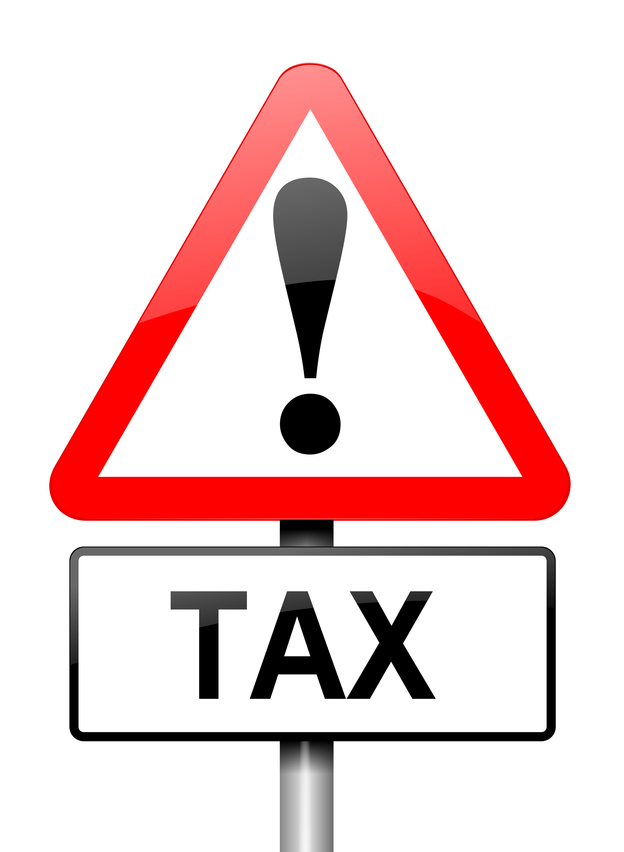
Chancellor Jeremy Hunt has set a freeze on the point at which individuals begin paying higher taxes until 2028 potentially resulting in an additional 2.6 million people falling into the higher tax bracket.
The Institute for Fiscal Studies (IFS) states that the freeze on income tax thresholds from April will result in more individuals paying a 40% rate marking the largest income tax revenue increase since the late 1970s.
NHS staff and educators are among the millions who will face increased income tax rates from the 2023/2024 tax year (starting 6 April 2023).
Mr Hunt cautioned last year that everyone would need to pay more in taxes and this now looks to be a reality.
The IFS predicts that by 2027-28 around 7.8 million people or one fifth of taxpayers will pay the higher income tax rate.
This could include over one in eight nurses and one in four teachers at a point in time where many teachers and nurses have been striking for increased pay as their wages have not kept up with inflation.
In comparison during the 1990s no nurses and only one in eight teachers paid tax at one the higher rates.
Why could I pay income tax at a higher rate?
A basic 20% tax rate is levied on annual incomes exceeding £12,570 which then increases to 40% or 45% for incomes above £50,270. As salaries rise more individuals enter higher tax brackets and are taxed on a larger portion of their earnings.
The higher rate of tax is set at 40% with an additional rate of tax of 45% used for income from £125,140. Different tax rates and bands apply in Scotland.
Cost of living and income tax rates
The research institute also said that freezing tax thresholds will intensify cost of living pressures.
The IFS calls this a “seismic shift” and the most significant tax revenue raising action since Geoffrey Howe doubled VAT in 1979 during Margaret Thatcher’s first year of government.
The increase in income tax payable is expected to lead to a significant decline in household finances and if inflation persists even more people could be impacted.
Household incomes are anticipated to experience a record decline this tax year (2023/2024) due to a combination of the tax threshold freeze and the rate of inflation (which pushes prices of many goods and services higher) remaining persistently high.
UK job market fuelling higher rate income tax
The UK job market currently has over one million vacancies which is encouraging employers to offer higher salaries to attract the people they need.
Getting a higher wage is great however this has been pulling many people into higher tax brackets according to IFS research economist Isaac Delestre.
Delestre explained that over the past 30 years the higher rate income tax has shifted from being mainly for the wealthiest to affecting a broader population. He noted that whether the government should take this approach is as much a political decision as an economic one.
You can use our take home pay calculator to work out an estimate of what you will be left with after income tax and national insurance deductions.
NHS and Teacher tax rebates
NHS employees and teachers can help reduce their tax bill by claiming back tax relief for expenses of employment.
There are a number of expenses professionals of both industries can claim for which can be backdated for up to the last four tax years.
After a successful tax rebate claim has been processed by HMRC a new tax code is typically operated giving you tax relief moving forward and a continued reduction in your income tax bill.
You can apply for your tax rebate online (or by post) by using a form P87 which is the form HMRC needs to process a claim for tax relief.
Our healthcare worker tax rebate guide and teacher tax rebate guide are here to highlight the expenses you can make a claim for and how to start the tax rebate claim process directly with HMRC.







